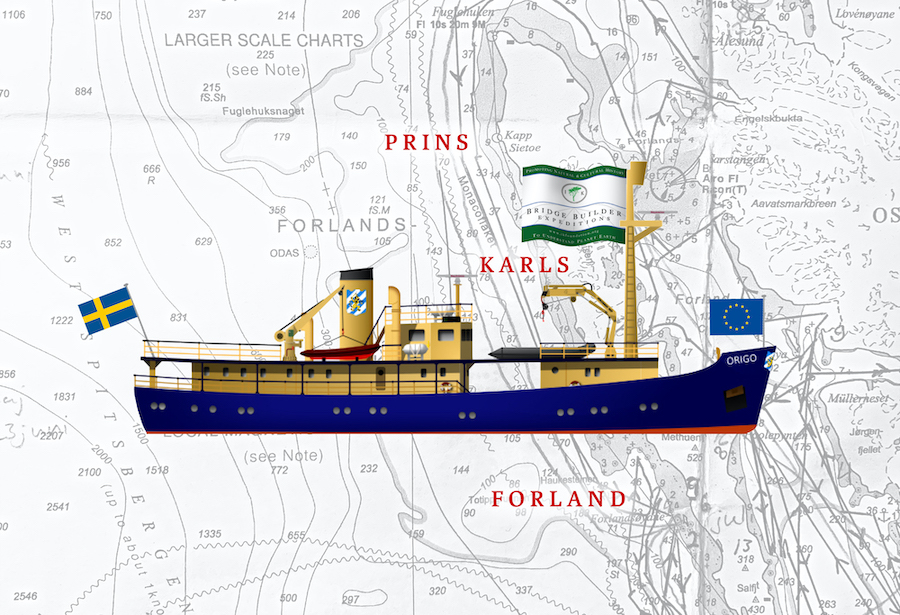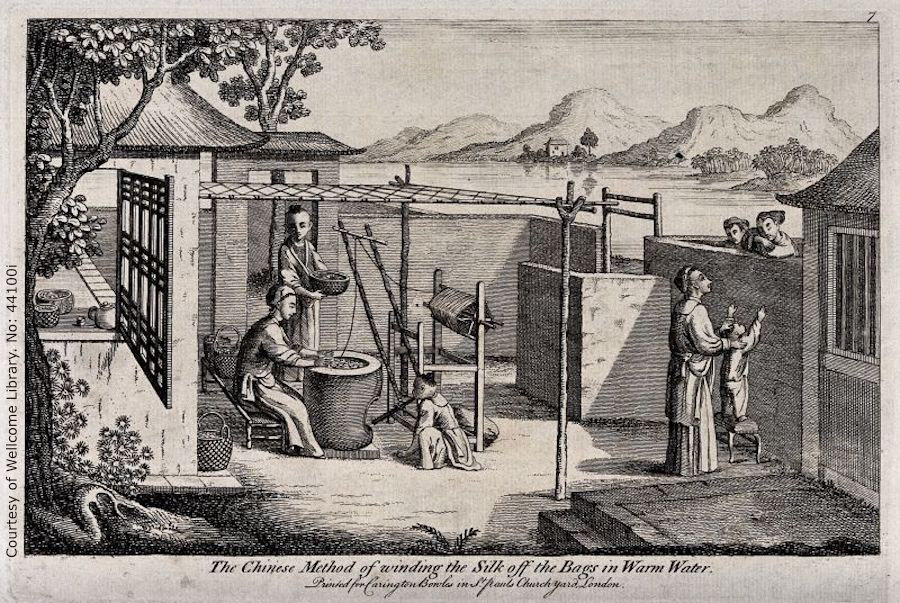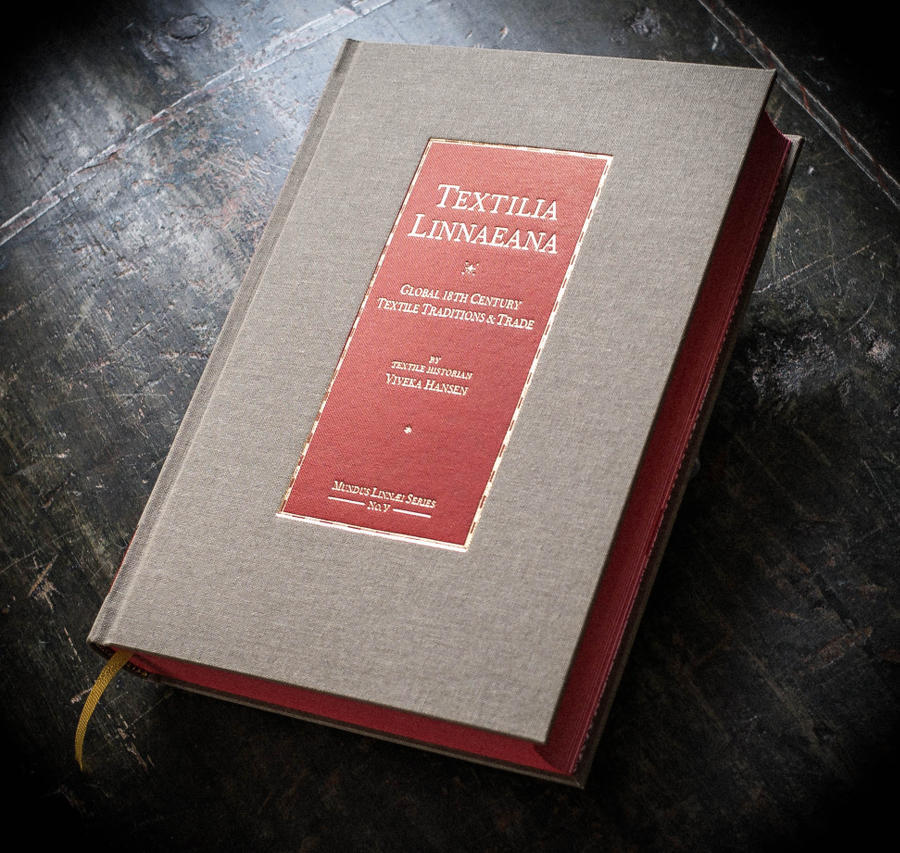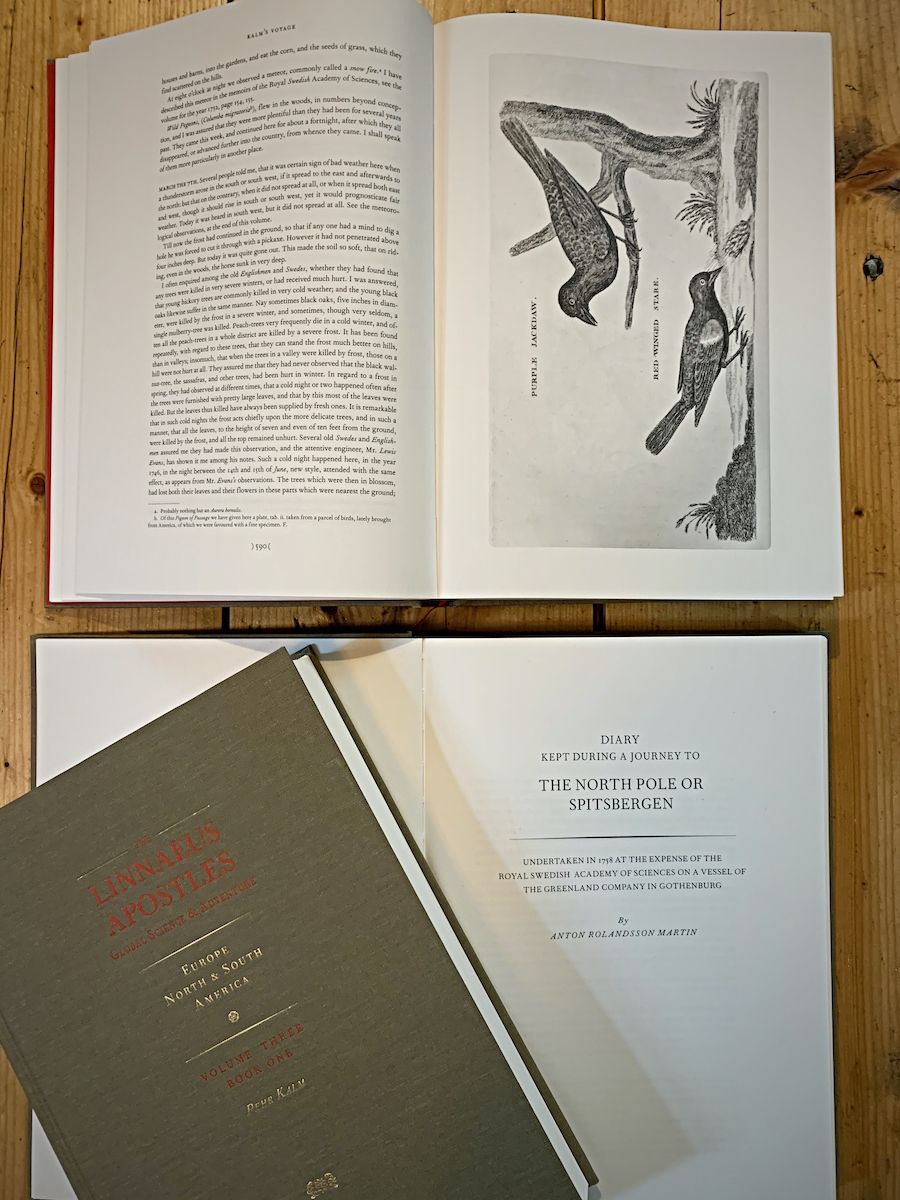Hi there!
”We are sailing, we are sailing
Home again 'cross the sea
We are sailing stormy waters
To be near you, to be free„

AT THIS DIFFICULT and dramatic time with a global pandemic, it can be valuable to quote a piece of lyrics in the Gavin Sutherland song "Sailing" from 1972. It is a powerful account of mankind's spiritual odyssey through life and the "stormy waters" we all are currently struggling to overcome. In The IK Foundation, we follow the pandemic developments closely to protect our staff and linked networks. You are welcome to read more about IK's view of this pandemic in iMessenger | Nature has many faces. Of course, the sails will be filled again with a fresh wind and everyday life will return, but perhaps not as before and hopefully with new or updated knowledge and not least that we actually only have one life and one Planet Earth!
IN MAY, OUR EXPEDITION SHIP MS Origo will navigate its fifth voyage in the Arctic and icy waters along the west coast of Spitsbergen. It is a different expedition that takes into account the current quarantine and travel restrictions around the world. IK has solved this by hiring and training skilled local participants living in Longyearbyen – a small Arctic community which due to the pandemic has been severely affected by unemployment – together with "old folks" and former contributing participants will make it possible to carry out this year’s fieldwork during the prevailing global pandemic. The fieldwork during this year will be an innovative challenge where we combine participants in the field and those who work at a distance, via among other methods, satellite communication. Meet the people behind the fifth expedition and what they will do in the form of fieldwork at The Field Station | Naturae Observatio | Martin's Eye.
EXPLORE MORE...
THE SILK TRADE used both sea and land transports. In this latest Textile Essay you are welcome to read about the interest to introduce sericulture in Europe and the North American colonies during the 18th century – to be able to weave fine silks of domestically produced raw material – which increased despite the many obstacles with the rearing of silkworms and planting of mulberry trees in unsuitably cold climates. Read more about such hopes and disappointments via observations by Pehr Kalm, Benjamin Franklin and others in their natural history network.

The process of reeling the silk from cocoons and winding the silk onto a reel. This work depicts the fifth stage of nine – from gathering the eggs to weaving complex silks.
EXPLORE MORE...
BOOKSHOP IS OPEN
Three volumes may be of historical interest... with connection to this iMessenger.
The first recommendation is – TEXTILIA LINNAEANA Global 18th Century Textile Traditions & Trade – the fifth volume of the ‘Mundus Linnæi Series’. Explore more about the 520-page monograph and some of the positive reviews textile historian Viveka Hansen’s book has received.

Individual volumes in the book series ‘THE LINNAEUS APOSTLES – Global Science & Adventure’. For instance: Pehr Kalm’s North American journal has been published in Volume Three (Book One and Two – over almost 1000 pages) and Anton Rolandsson Martin’s own account of his journeys to Spitsbergen and Norway in Volume Two of this book series.

EXPLORE MORE...
|